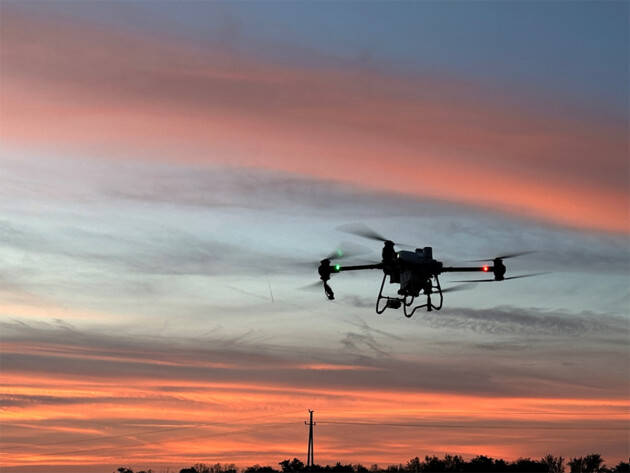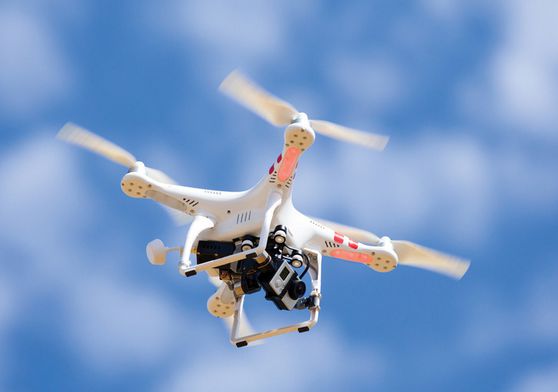In recent years, AI drone technology has significantly evolved, marking a revolutionary leap in aerial technology and automation. These intelligent machines are equipped with advanced sensors, powerful computing capabilities, and are designed to perform complex tasks autonomously. The integration of AI has propelled drones into new realms, transforming industries such as agriculture, surveillance, delivery, and even entertainment.
The Rise of AI Drones
AI drones have risen to prominence due to their ability to process and analyze vast amounts of data in real-time. They utilize machine learning algorithms to make decisions, enabling them to adapt to various environments and scenarios. This adaptability has broadened their use across multiple fields.
Applications in Agriculture
In agriculture, AI drones are a game-changer. Farmers utilize them for precision farming—a technique that involves monitoring crops from the sky to gather data and insights. These drones can detect plant diseases, monitor crop health, and even assist in planting seeds, ensuring a more efficient farming process.
Enhancing Surveillance and Security
The surveillance sector has greatly benefited from AI drones. Equipped with high-definition cameras and infra-red sensors, they provide enhanced security monitoring. The autonomous nature allows them to cover vast areas, providing comprehensive oversight with minimal human intervention.
Revolutionizing Delivery Services
AI drones are set to redefine delivery services, offering faster and more efficient solutions. Companies are experimenting with drone deliveries to reduce delivery times significantly. Imagine receiving your parcel within minutes of ordering—this is becoming a reality with AI drone technology.

The Impact on the Entertainment Industry
In entertainment, drones have opened new possibilities. From filming breathtaking aerial shots in movies to augmenting live concerts with spectacular sky shows, they are reshaping how content is created and experienced. AI capabilities ensure that they capture complex scenes with precision and fluidity.
The Technical Aspects
The technical foundation of AI drones is built on cutting-edge technologies. They incorporate neural networks for pattern recognition, enabling them to learn from their environment continuously. The drones can navigate obstacles, even those not pre-programmed—such is the power of AI-driven learning.
Future Prospects
The future of AI drone technology is promising. As AI technology advances, drones will only become more sophisticated and capable. We can expect drones to take on even more complex tasks, such as executing time-sensitive rescue missions or engaging in intricate construction projects.

Conclusion
The innovation brought by AI drones is transformative, affecting nearly every sector. They symbolize the convergence of technology and creativity, showcasing the immense potential artificial intelligence holds. As we look to the future, the integration of AI in drones promises to push boundaries even further.
FAQs About AI Drone Technology
- How do AI drones improve safety? AI drones are programmed to handle intricate navigation, making them safer for tasks like inspecting hazardous sites.
- Are there regulations governing the use of AI drones? Yes, various regions have implemented guidelines to ensure privacy and safety when using drones.
- What skills are required to operate an AI drone? While AI drones simplify operation, understanding navigation and data analysis can be beneficial for maximizing efficiency.
